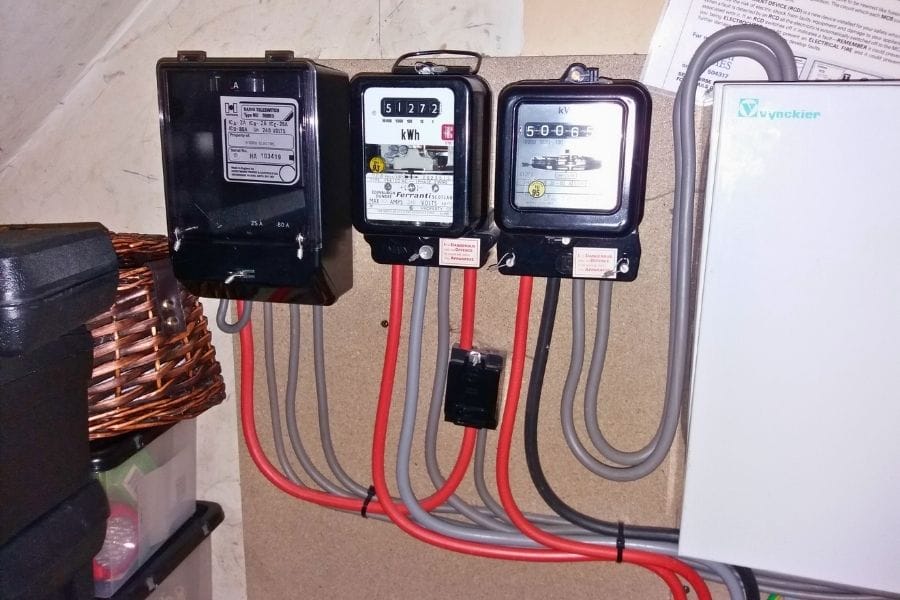The Radio Teleswitch Service is ending, so all RTS meters need to be replaced. There’ll be a phased transition starting from 30 June.
RTS meters are separated into different groups, which will be switched off at different times over the course of a few months. This may mean that homes in your area will likely be affected by the switch off at different times.
When your RTS meter is scheduled to be switched off, your energy supplier should let you know at least two weeks beforehand. They should also offer you an appointment to replace your RTS meter.
Charlotte Friel, Director for Retail Pricing & Systems for Ofgem, said:
“While this carefully managed phaseout process should reassure customers, it remains crucial that these meters are replaced urgently so it’s vital to engage with your supplier when offered an appointment.”


